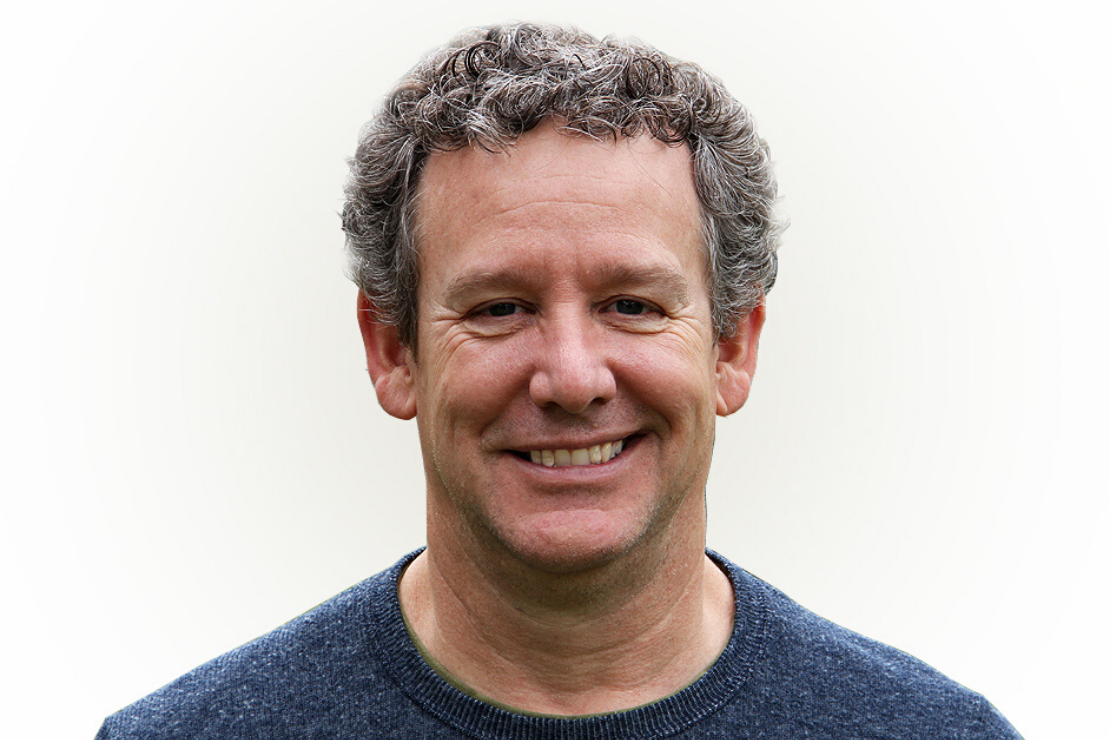What Makes A Great Mentor? Your Collective Answer May Dictate Your Startup Community Success
Jan 27, 2021

By Chris Heivly, Techstars Senior Vice President for Ecosystem Development
Noted author and entrepreneurial guru Steve Blank once famously wrote, “a startup is not a smaller version of a large company.” His intent was to help non-entrepreneurs better understand the mechanics, the mindset, and the journey of an entrepreneur who starts with an idea and a blank piece of paper and proceeds from there.
The operator of a large company already has product, sales professionals, financial means, infrastructure, and a host of other resources all within reach. I’m not implying that this role is easier (nor do I believe Blank is) — just massively different, and the subtleties between the two are actually not subtle at all.
Understanding the differences between the challenges of an entrepreneur and the challenges of a corporate executive are critically important for anyone playing a mentor role in their community.
The Local Business Exec Mentor
You see, in developing startup communities, we tend to lean on the local business executives for entrepreneurial advice. I get it. They are great business leaders who have a ton of experience. Many of them are well known, which means they are accessible. And many of them have a personal #GiveFirst motivation for their city or region.
I like to identify traps in traditional thinking and this is another biggie.
If you have never taken an idea and put it into motion without the cover/support of a large corporation, you are probably not the most appropriate person to be mentoring a first time founder.
At the very least you should not be the only mentor.
Entrepreneurs Are the Best Mentors for Entrepreneurs
Fact: great mentorship comes from experience, the type of experiences that come from having lived all elements of that part of the journey.
As a community leader, it is incumbent on you to understand these differences and augment then connect first time founders with the right mentors. Don't settle for the easy mentor targets - work locally, regionally, and nationally to identify entrepreneur mentors regardless of what stage they are at. For example, for the first time founder just launching in their first one or two months, an entrepreneur who is one or two years into their journey is a PERFECT mentor target.
If your community is limited to local corporate executive mentors the collective net outcome will be a community collective bucket of wrong advice for advice-hungry founders that ultimately will most likely derail their efforts at successfully getting through those first months of their journey.
About the Author

Chris Heivly
Chris is one of the nation’s leading experts on launching startups and has been dubbed the “Startup Whisperer.” He cofounded MapQuest, is an angel investor, ran a corporate venture fund and 2 micro venture funds (directed over $75M), and is SVP Ecosystem Development with Techstars. Chris recently published his first book about starting anything called Build The Fort and is currently writing a book on Startup Community Building.
